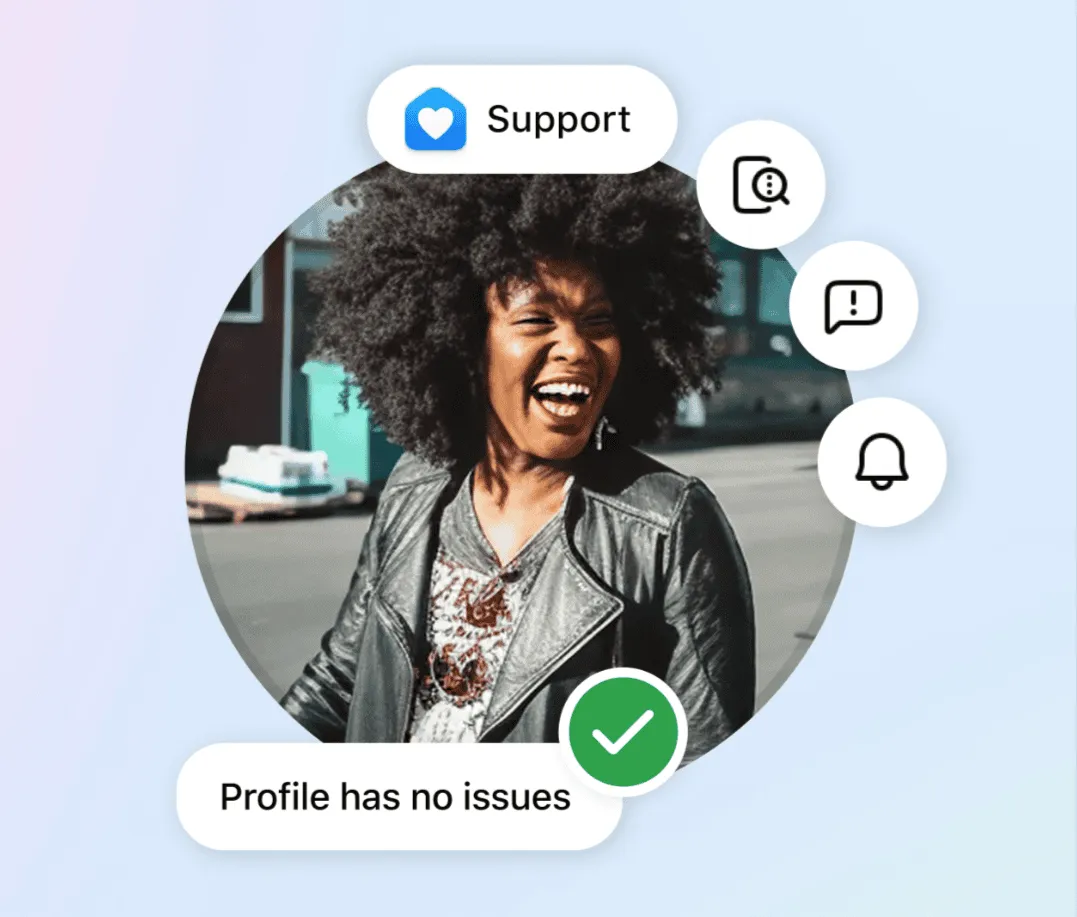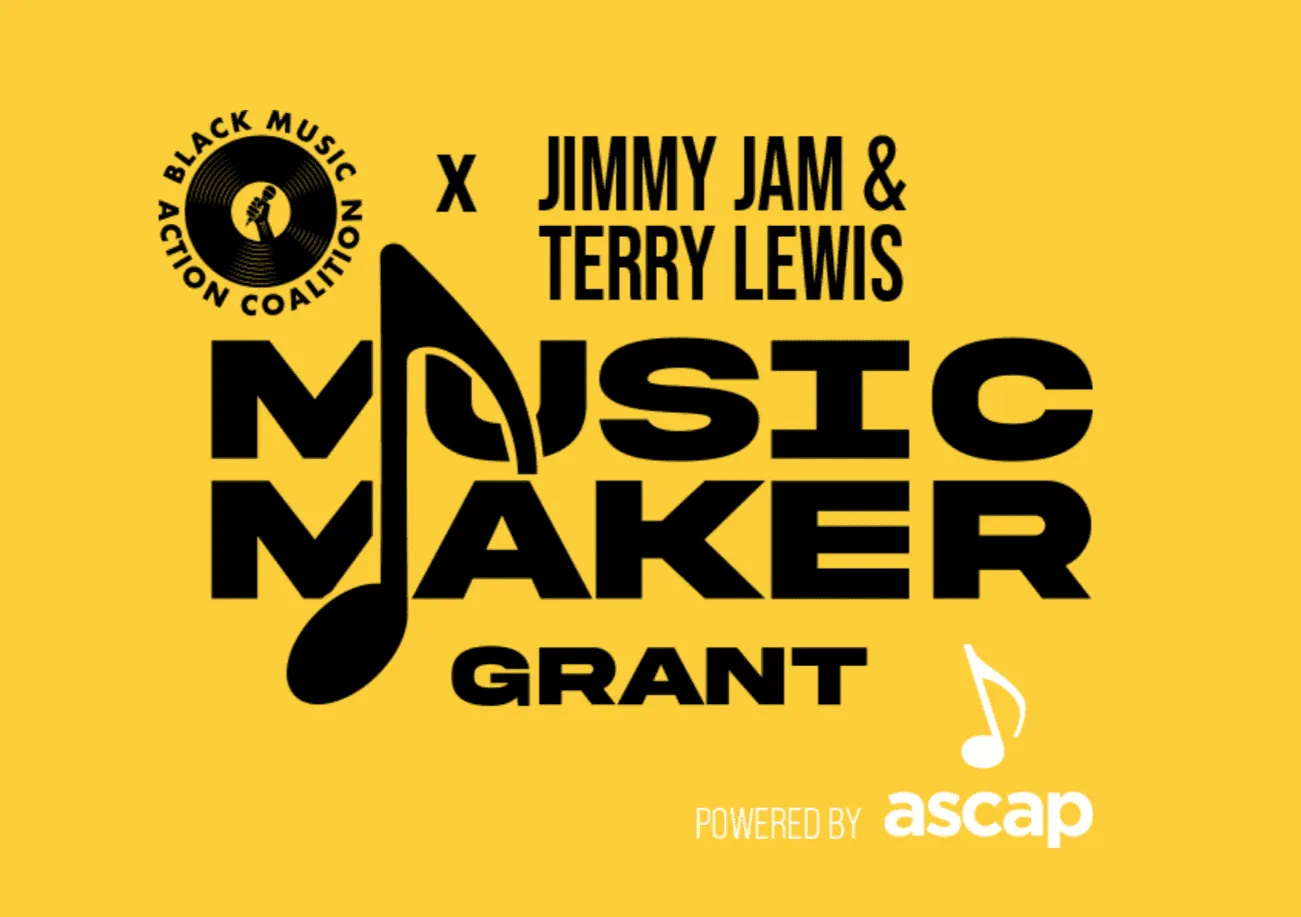(UPDATED)
The RIAA thinks that LimeWire should not be proud of their service, because they broke the law. They go on to say that services that flout the law do not deserve a place in today's music marketplace where "hundreds of existing, accessible, innovative legal sites offer users their favorite music at affordable prices — sometimes even free." Following this assertion, the RIAA notes that there are now "more than 11 million legal tracks online and more than 400 licensed music services today." This all sounds well and good, but like always, the RIAA still seems to be forgetting something.
The only reason any of these music services offer anything of any value to fans is that after more than a decade of fighting the web hand over fist, the record labels finally thought it was time to complete with piracy in a meaningful way. Had there been no music piracy than there would've been no digital culture for the RIAA to brag about, all fans would have online is a music experience that's vaguely better than going to a store and buying a CD. To this day, that's about all we have. Fans don't have a music service that's better than piracy because that would actually better than buying a CD; a move that the labels are still tiptoeing around. I agree with the RIAA in the respect that in order for a legal marketplace to thrive that there needs to be a level playing field, but firstly, that will never happen. Music sites will always have to compete with piracy and innovate in ways that create comparable experiences. Legal music services appear to be suffocated more at the hands of the record labels themselves than by the cut-throat, nasty pirates.
Why are there so few music sites for the RIAA to boast about? Is it because the "illegal services" like The Pirate Bay and LimeWire "conspired" against the legitimate music market or is it because the labels worked against the market themselves? If illegal sites didn't exist, the playing field would be level for the major labels and not the fans. Right now, Spotify wants to enter the US music market. They want to create an experience that's better than piracy and give fans a service that reflects the way they consume music. Why has that service not launched yet? I have not read a single report that says they are having trouble competing against the illegal music sites and that fans aren't willing to use it. Instead, all reports indicate that Spotify is locked into label negotiations and will have to pay large upfront sums before they are allowed to enter the US.
That is to say nothing about the sad, sad state of music startups themselves.
According to The NPD Group, consumer awareness of services like MOG (and likely Rdio too) is at a mere 2 percent. Sure, due to the social behaviors and norms that file sharing services promote, fans have become increasingly unwilling to pay for music and the proposition that legal sites make is monthly payments. This is a barrier. The greatest barrier, however, seems to be that fans don't know services like MOG exist. Also, because these sites have been neutered in their true potential, mostly to due label intervention, they fail to captivate any interest.
I have a different proposition. Fans will pay for legal services that compensate creators for their music the day that they actually align themselves with the state of music consumption now and are able to create services that revolutionize the digital music sector rather than attempting to preserve the brick-and-mortar and plastic disc based business model. The current music consumption system is still broken, quit pretending that it isn't. There's still much that needs updating.
"Services that flout the law do not deserve a place in today’s music marketplace where hundreds of existing, accessible, innovative legal sites offer users their favorite music at affordable prices – sometimes even free.
There are now more than 11 million legal tracks online and more than 400 licensed music services today. A few of these legal sites can be found on our website or on the music community website Music United, not to mention audio or video streaming sites like Pandora, MOG, Vevo and Rdio.
In order for the legitimate marketplace to thrive, there needs to be a level playing field where illegal sites are held accountable and do not suffocate innovative, legal services whose business plans include compensating creators for their music. That’s why the recent injunction represents a significant step in the bright future of digital music." (Read on.)




